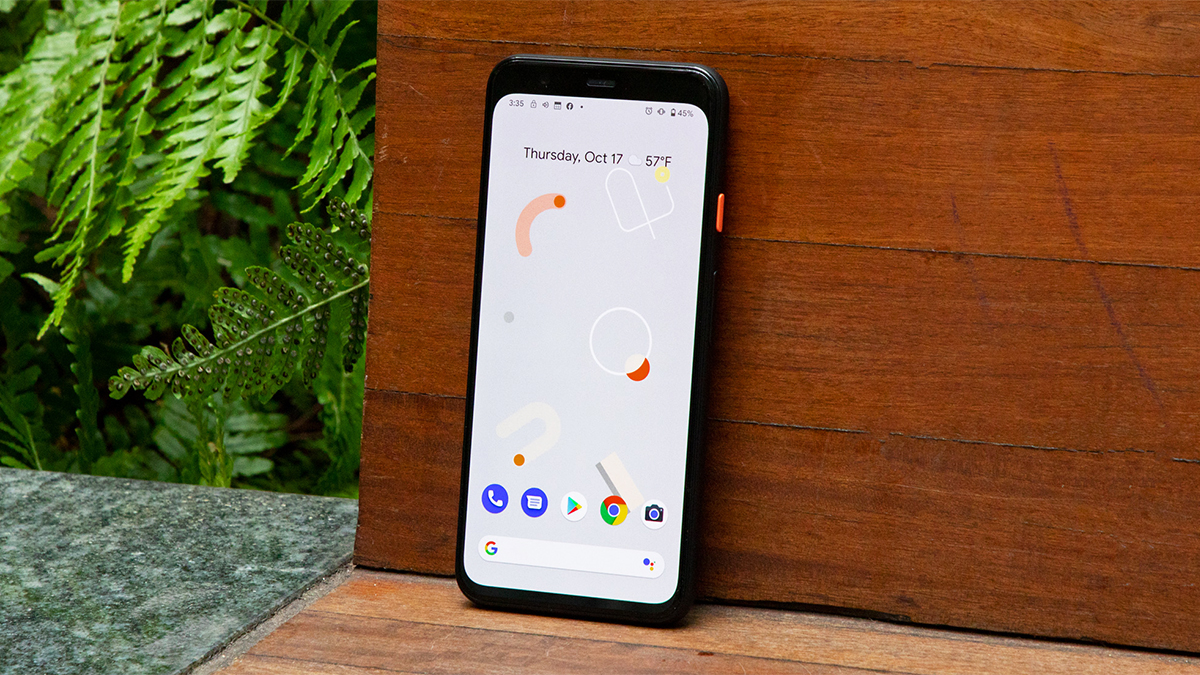The SMS upgrade RCS is now available for all Android users in the US
"Stay tuned", rest of the world

Sign up for breaking news, reviews, opinion, top tech deals, and more.
You are now subscribed
Your newsletter sign-up was successful
You may have already heard of RCS or Rich Communication Services: it's an upgrade to the SMS protocol that Google is trying to get adopted more widely, and it's now live for all Android users in the US, on any carrier.
The news was confirmed by Google Communications Suite Lead Sanaz Ahari on Twitter, though you may need to update both the default Google Messages app for Android and Carrier Services on your phone to get the functionality.
RCS is already live in the UK and France. As for the rest of the world, Ahari told users to "stay tuned" regarding when the technology might roll out even further. In terms of US support, Google is ahead of schedule.
- Check out the very best Oppo phones
- Google has logged a lot of street views
- We all love Baby Yoda
Having originally decided to let the carriers control the roll out of RCS, in the last 12 months Google has changed course and pushed out the messaging upgrade itself – using its own servers and infrastructure to enable the update on RCS-ready phones.
What's RCS anyway?
RCS is developed by mobile hardware companies rather than Google, even though Google is working hard to make it the default on Android phones. It replaces the old SMS standard with something closer to what the messaging apps of today can give you.
That means better support for bigger media files, typing indicators, read receipts and group chats that are easier to manage. SMS has served us well since smartphones arrived, but it's looking very dated now.
RCS can also work over Wi-Fi as well as cellular networks, and uses up your data rather than your text allowance. Unlike rivals such as iMessage and WhatsApp, RCS chats are not end-to-end encrypted, so third parties could potentially snoop on your messages.
Sign up for breaking news, reviews, opinion, top tech deals, and more.
As more countries and more Android phones get RCS support, SMS should finally get pushed out – although it'll only work for Android-to-Android communication, unless Apple has a change of heart and decides to support it on the iPhone too.
Via Android Central

Dave is a freelance tech journalist who has been writing about gadgets, apps and the web for more than two decades. Based out of Stockport, England, on TechRadar you'll find him covering news, features and reviews, particularly for phones, tablets and wearables. Working to ensure our breaking news coverage is the best in the business over weekends, David also has bylines at Gizmodo, T3, PopSci and a few other places besides, as well as being many years editing the likes of PC Explorer and The Hardware Handbook.